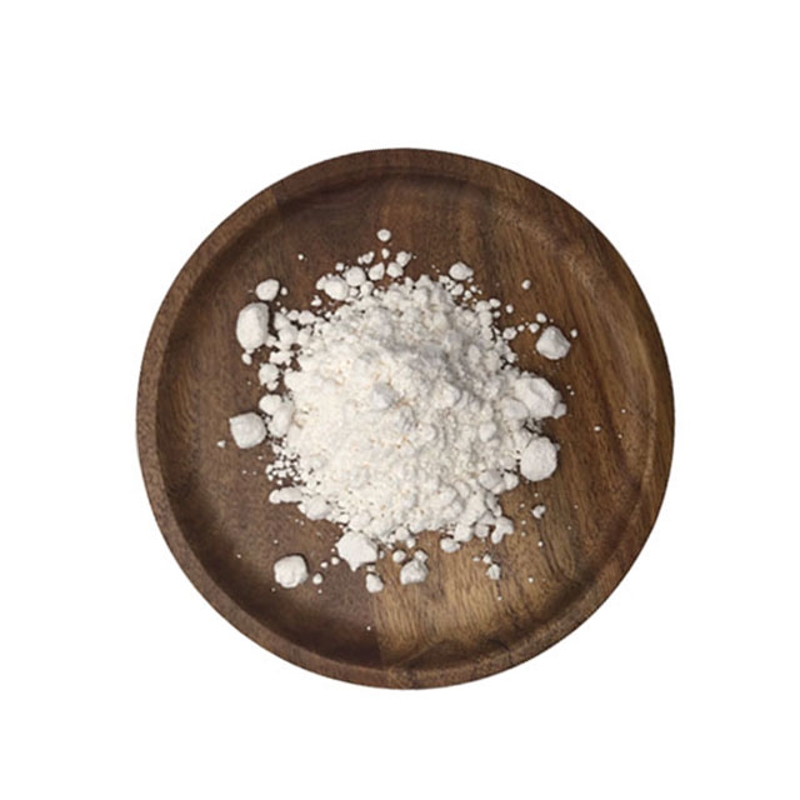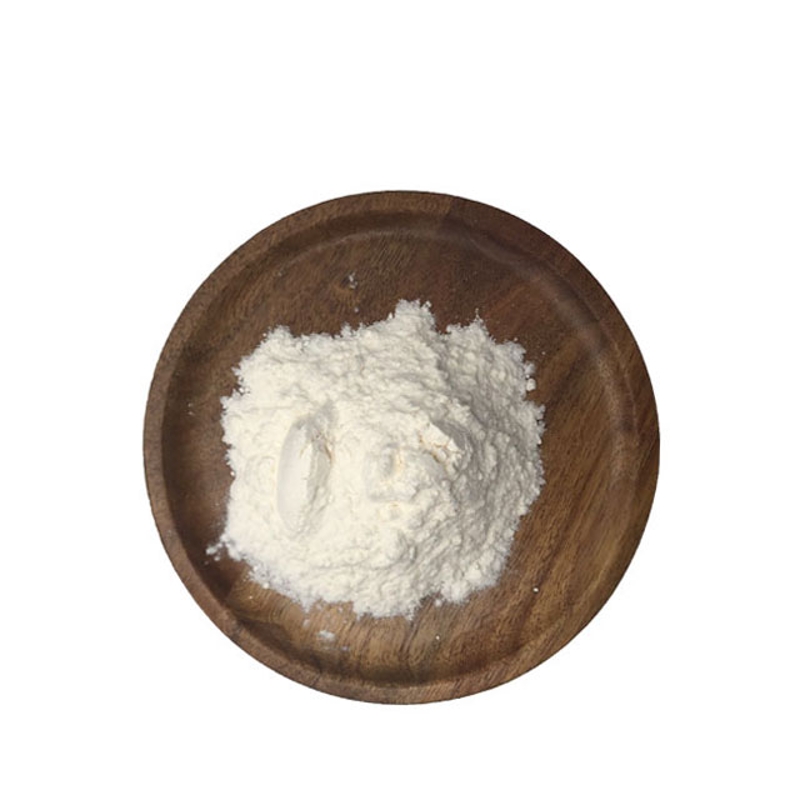-
Categories
-
Pharmaceutical Intermediates
-
Active Pharmaceutical Ingredients
-
Food Additives
- Industrial Coatings
- Agrochemicals
- Dyes and Pigments
- Surfactant
- Flavors and Fragrances
- Chemical Reagents
- Catalyst and Auxiliary
- Natural Products
- Inorganic Chemistry
-
Organic Chemistry
-
Biochemical Engineering
- Analytical Chemistry
- Cosmetic Ingredient
-
Pharmaceutical Intermediates
Promotion
ECHEMI Mall
Wholesale
Weekly Price
Exhibition
News
-
Trade Service
Pancreatic catheter adenocarcinoma (PDAC) is a deadly disease characterized by a wide range of fibroblasts and rich in cancer-related fibroblasts (CFFs).
is heterogeneic, but the nature of this heterogeneity is not yet fully understood.
the Hedgehog path pathland works in PDAC in a side secretion manner, and the mediates secreted by cancer cells signal to the substring cells in the micro-environment.
there have been conflicting reports of the role of Hedgehog signals in PDAC in the past - both studies have reported that Hedgehog signals promote tumor growth and studies have reported limiting tumor growth.
given the newly discovered CF heterogeneity, Steele et al. have studied how Hedgehog path suppression reprograms PDAC microentics.
researchers combined pharmacological inhibition, functional accessibility and functional loss genetic experiments, real-time cell counting, and single-cell RNA sequencing to study the role of Hedgehog signals in PDAC.
researchers found that hedgehog signals were uniquely activated in fibroblasts and expressed highly differently in myocytocytocyte CAF (myCAF) and inflammatory CAF (iCAF).
Sonic Hedgehog over-expression promotes tumor growth, but inhibiting the Hedgehog path through smooth antagonist LDE225 can affect tumor growth.
addition, hedgehog path suppression reduces the number of myCAFs and increases the number of iCAFs, which are associated with the reduction of cytotoxic T cells and the amplification of regulatory T-cells, as well as immunosuppression.
, hedgehog pathline inhibition changed the composition of fibroblasts and immune cell immersion in the microencellular environment of pancreatic cancer.







